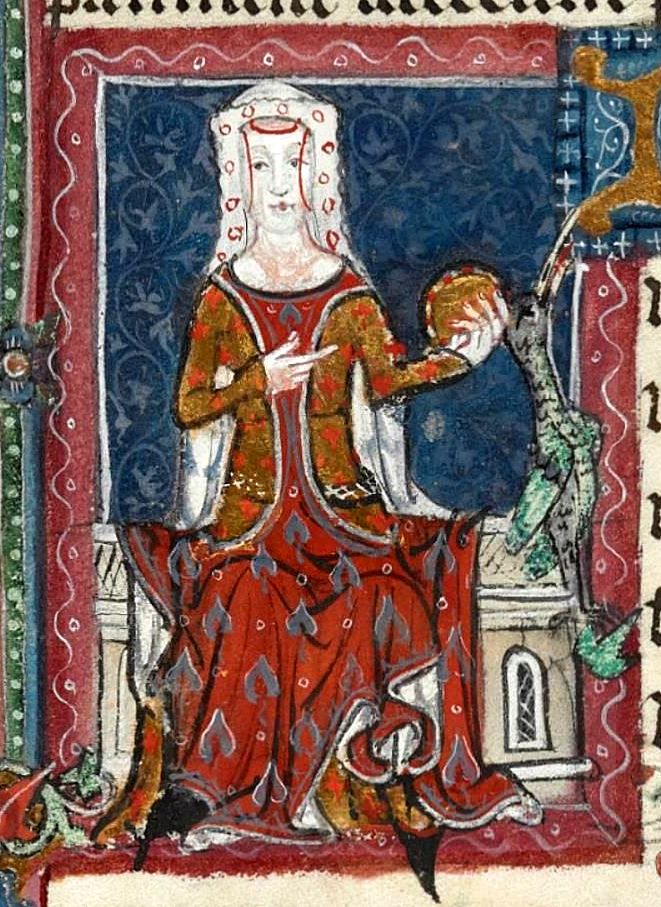Baroness of Books
Heir Apparent
- Joined
- Jul 23, 2011
- Messages
- 5,806
- City
- Bookstacks
- Country
- United States
Fascinating links, An Ard Ri, thank you.
The Empress Matilda sure was made of steel & one of my personal all time favourite Plantagenets.
That's easy for you to say, but I bet she's wasn't Stephen's personal all time favourite Plantagenets.
It is a very interesting article. I'm going to have to find a few books on the Plantagenets--after I read about Richard III.
The Plantagenets are my favourite English Royal dynasty.
I definitely agree; this long-lived dynasty was packed with scandals, intrigue and some very strong royal women!






I actually read that novel mentioned in the article, The First Princess of Wales. I was always interested in Joan of Kent since she was a character in Anya Seton's wonderful novel, Katherine. I didn't realized that Joan was a Plantagenet and had such a colorful history.

Just love her titles! Makes me want to re-read that book.


Oh, darn it! No chance of her skeleton being discovered as another historic find.
 Could anyone give me the title of a really great book on the War of the Roses........I have always been interested in that time period of European History? Thanks!
Could anyone give me the title of a really great book on the War of the Roses........I have always been interested in that time period of European History? Thanks! Sherry
SherrySorry to disagree; I have a more sombre look on wars - for me, both sides and the country lost during the war of the roses. By chance alone Henry Tudor outlived the other claimants and was a strong enought personality to rule. His claim on the throne was weak - He got his claim from the battlefields; an tiny bit from his mother and a hug lot from his wife.
